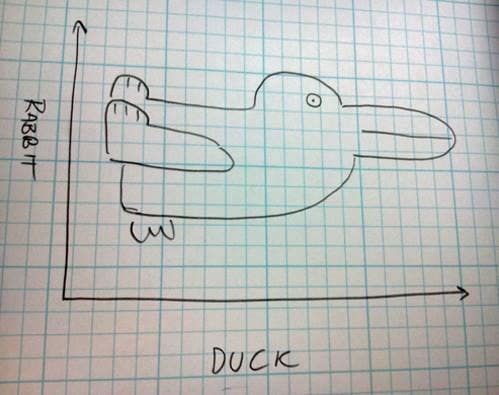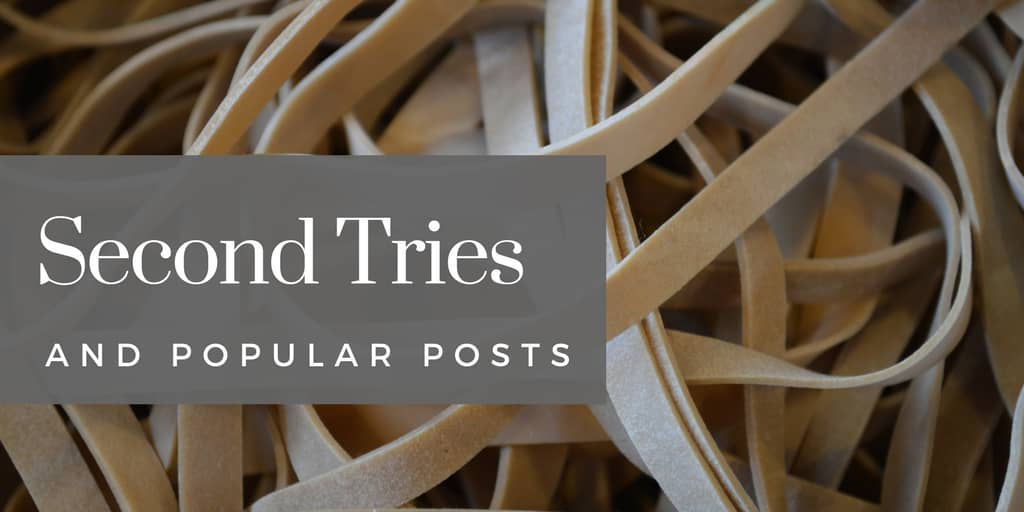
As those of you who subscribe to the Teaching in Higher Ed update already know, a weekly email goes out with the most current blog post and podcast episode show notes. This is an automated process and doesn't always go off without a hitch.
Below are some links that take you to posts that didn't come through email very well, when they were originally sent:
- How to Host or Participate in a Video Conference Session (lighting, audio, camera level, eye contact, information about Virtually Connecting, and my preferred video conferencing tool)
- Our Five Year-Old's Review of NPR's Wow in the World Podcast, part of the Four Fruitful Distractions post (planet nine, Jupiter, planets eating other planets, why we should listen to Wow in the World, five year-old cuteness)
- Interactive Transcript Example, part of The Trouble with Summer post (one more output option for transcripts, when using Trint)
- Podcast Greats for 2017 (Inspired by Bryan Alexander's post of his favorite podcasts, categorized under teaching and other higher ed podcasts, shows that stretch my mind, business and management podcasts, in community with others, geeky podcasts and shows that are just getting started. One that came out since I wrote the post that I'm listening to is Pod Save America, hosted by activist Deray McKesson.)
Finally, here are some popular posts you may have missed or might want to reference a second time:
- Going Public with our Learning (Post that was inspired by my episode #101 interview with Thia Wolf about public sphere pedagogy)
- Sticking with Getting Things Done (David Allen's GTD is truly a remarkable system, if you can stick with it)
- How to Create a Video of Yourself for Class (Practical steps to engage through video in your teaching)
- Five Lessons in Teaching From Bobby McFerrin (Still one of the best videos illustrating gifted teaching I've ever seen)
- My Updated Personal Knowledge Management System (Tools I use to seek, sense, and share my learning)
- How to Increase Your Digital Literacy (Links to the various frameworks and experts)
- How to Create a Pencast (What tools I use to create pencasts, along with a demo)
- 2 Persistent Myths About Teaching and Learning (These myths just won't go away)


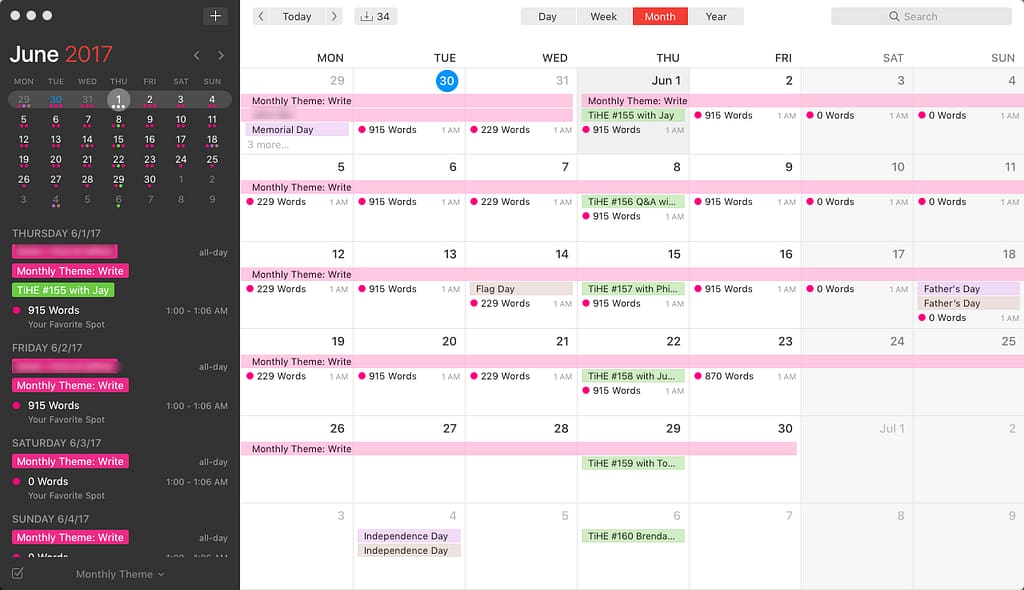
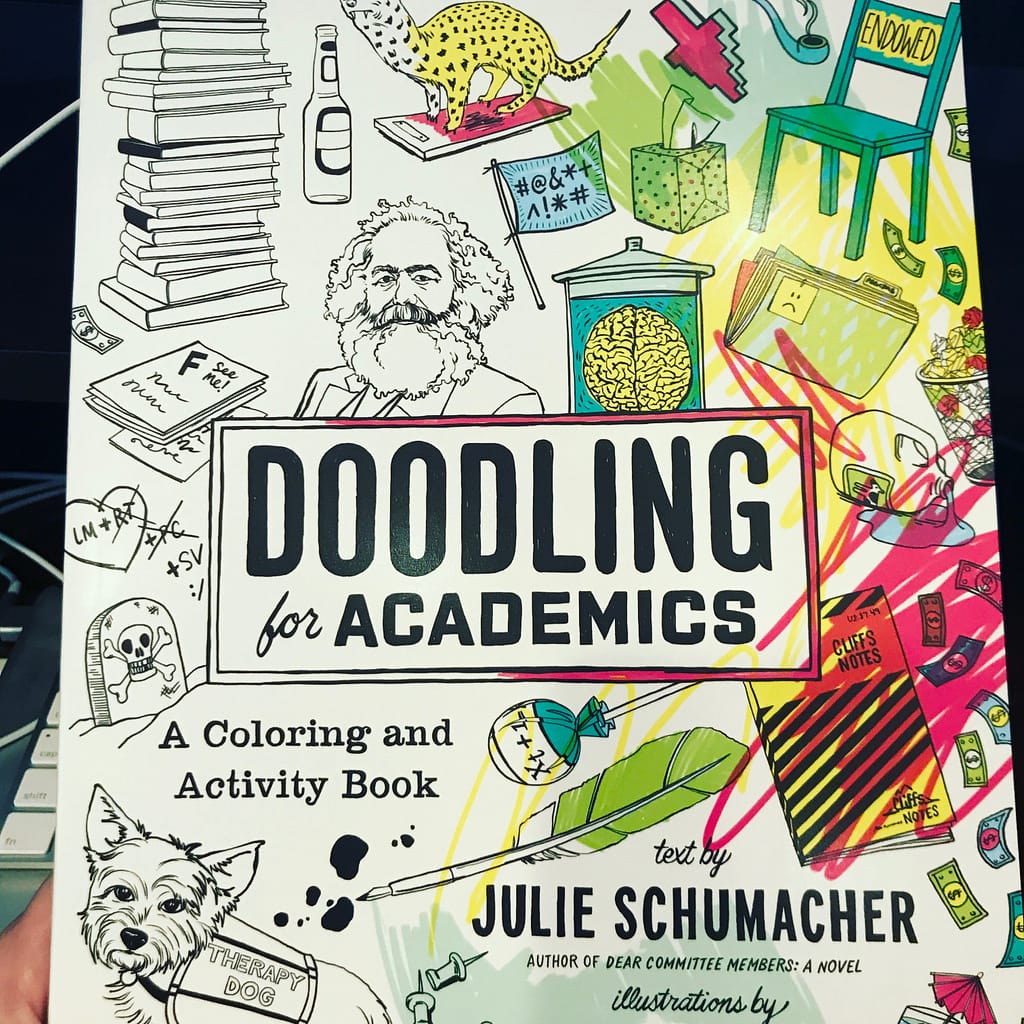
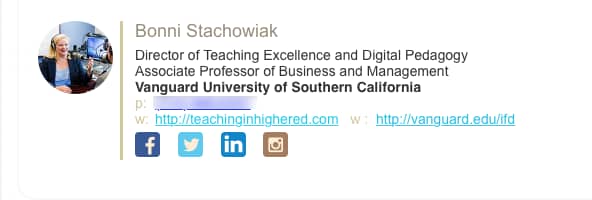
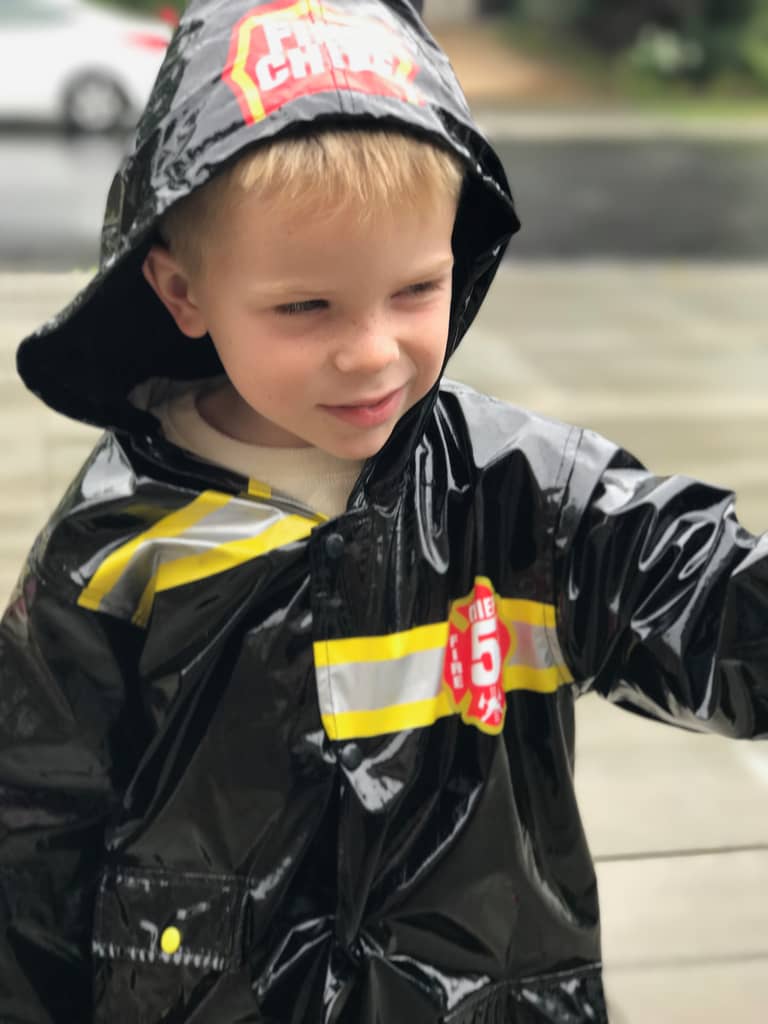
 When I was preparing my promotion and tenure portfolio in 2010, the resource I used more than any other was the book:
When I was preparing my promotion and tenure portfolio in 2010, the resource I used more than any other was the book: